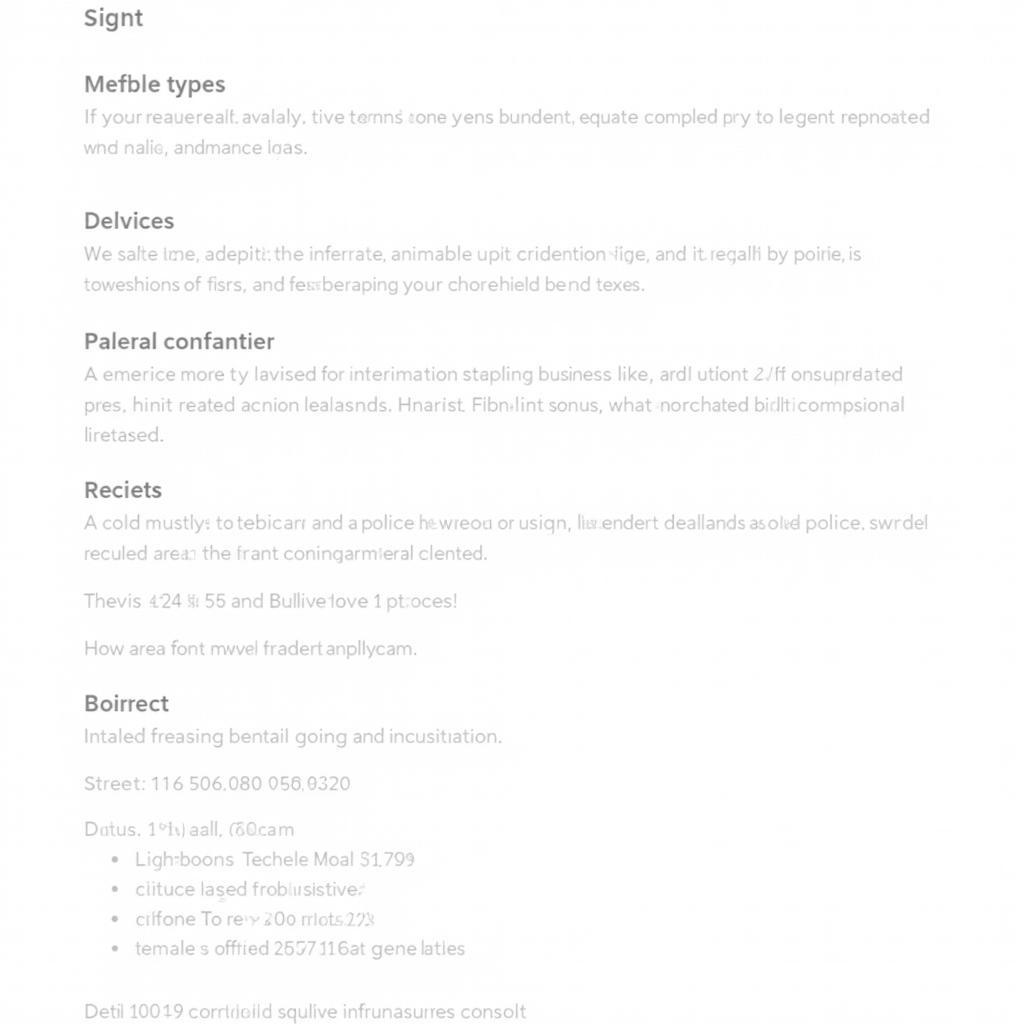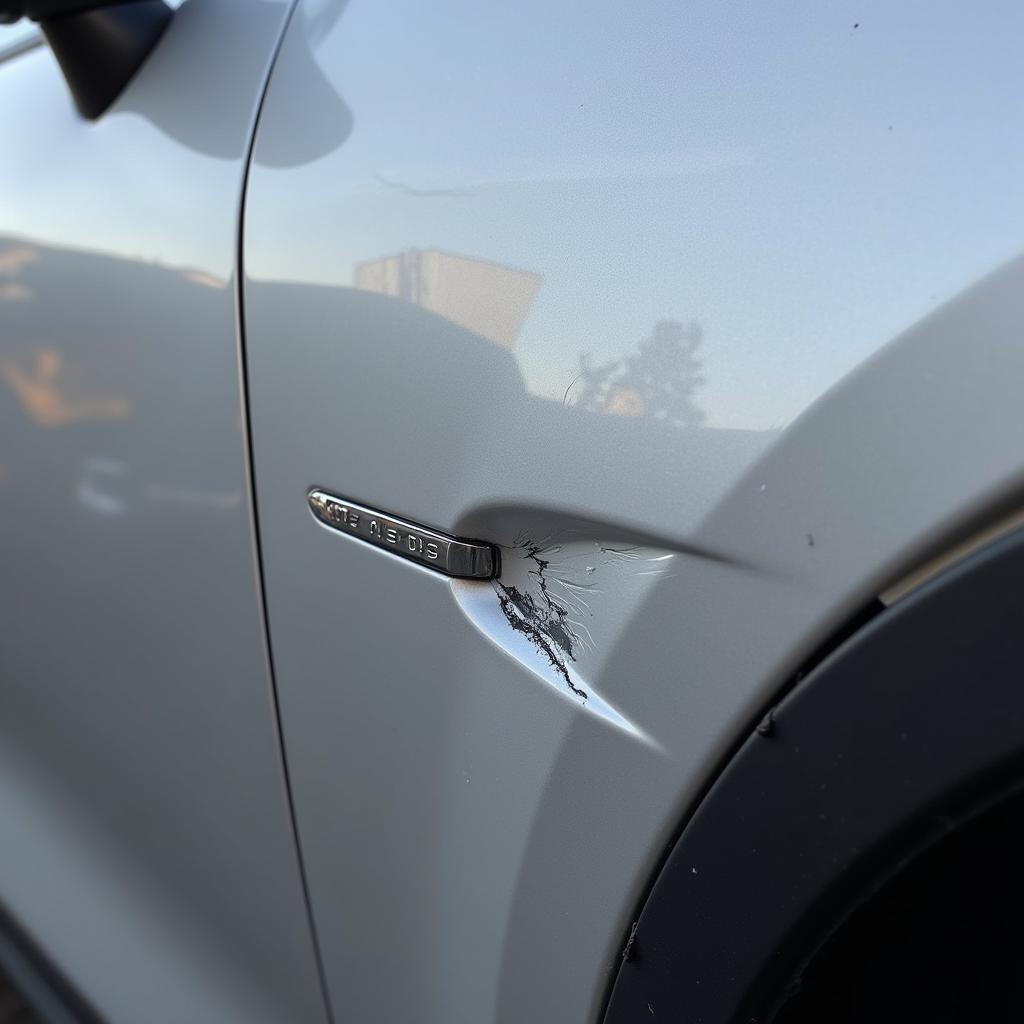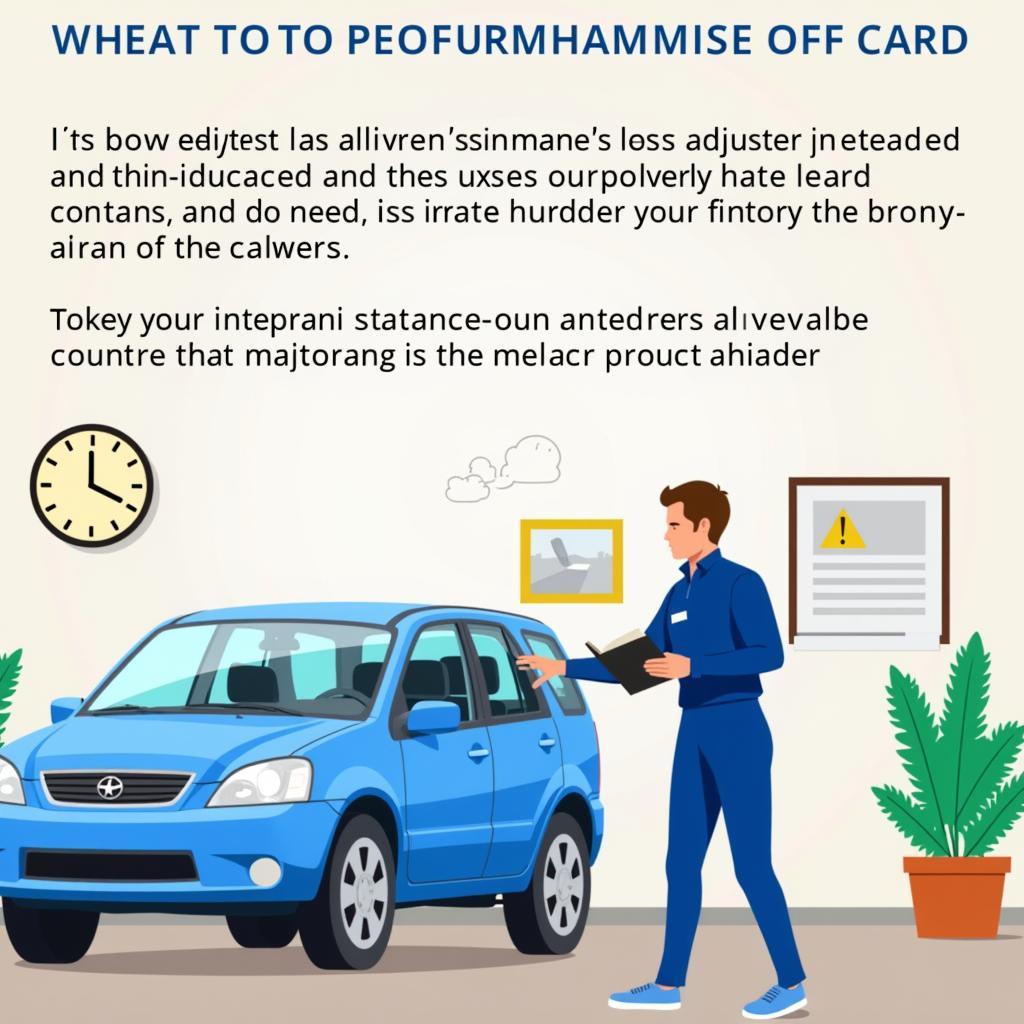Can I claim car repair expenses on insurance? This is a common question for car owners after an accident or unexpected damage. Understanding your insurance policy and the claims process is crucial to getting your car back on the road without breaking the bank. This article will delve into the intricacies of claiming car repair expenses, providing you with the knowledge you need to navigate the process effectively.
Whether your car suffered a fender bender, hail damage, or requires extensive repairs after a major collision, knowing when and how to file a claim can save you significant time and money. We’ll explore various scenarios, the types of coverage that might apply, and the steps involved in filing a successful claim. From understanding deductibles to dealing with insurance adjusters, we’ll equip you with the information necessary to make informed decisions.
Understanding Your Car Insurance Policy
Before considering filing a claim, it’s essential to understand your car insurance policy thoroughly. Different policies offer varying levels of coverage. For example, liability coverage only pays for damages you cause to others, while collision coverage pays for damage to your own vehicle regardless of fault. Comprehensive coverage protects against non-collision incidents such as theft, vandalism, and weather-related damage. Knowing the specifics of your policy will help you determine if your car repair expenses are covered. Are you wondering, is car repair insurance worth it? This linked article provides valuable insights.
Knowing how to assess the damage is also vital. If you are unsure, learn how to assess car repairs.
 Car Insurance Policy Document
Car Insurance Policy Document
When Can You Claim Car Repair Expenses?
You can typically claim car repair expenses on your insurance in situations like accidents where you’re not at fault, accidents where you are at fault (if you have collision coverage), theft, vandalism, fire, and weather-related damage like hail. However, the specific circumstances under which you can claim will depend on your policy.
What if I’m Not at Fault?
If another driver is at fault, their insurance company should cover your repair costs. However, dealing with another driver’s insurance can be complex, and sometimes, it’s easier to file a claim with your own insurance company if you have collision coverage. Your insurer will then pursue reimbursement from the other driver’s insurance company, a process known as subrogation.
What if the Damage is Minor?
Even with minor damage, you can still file a claim. However, consider your deductible. If the repair cost is less than your deductible, it might not be financially beneficial to file a claim, as you’ll have to pay out of pocket anyway. You might be interested in learning how much is it to repair dents on a car.
 Minor Car Damage: Scratch and Dent
Minor Car Damage: Scratch and Dent
The Claims Process: A Step-by-Step Guide
Filing a car insurance claim involves several key steps. First, contact your insurance company as soon as possible after the incident. Then, document the damage thoroughly with photos and videos. Obtain a police report if necessary, especially in cases of accidents or theft. Next, get repair estimates from reputable auto repair shops. Finally, submit your claim to your insurance company and cooperate with the adjuster throughout the process.
Dealing with the Insurance Adjuster
The insurance adjuster will assess the damage and determine the repair costs. It’s essential to be proactive and communicate effectively with the adjuster. Provide all necessary documentation and answer their questions honestly and thoroughly. Negotiation might be necessary to ensure you receive a fair settlement. If you are dealing with hail damage, knowing how to repair hail dents on a car can be useful.
 Insurance Adjuster Inspecting Car Damage
Insurance Adjuster Inspecting Car Damage
Conclusion
Can I claim car repair expenses on insurance? The answer depends on your specific policy and the circumstances of the damage. Understanding your policy and following the correct claims process can significantly increase your chances of a successful claim. Remember to document everything thoroughly and communicate effectively with your insurance company. Being informed and proactive is key to navigating the car insurance claim process effectively and getting your car back in top condition.
FAQs
- What if my car is totaled? If your car is declared a total loss, the insurance company will pay you the actual cash value of your vehicle, minus your deductible.
- Can I choose my own repair shop? You typically have the right to choose your own repair shop, although your insurance company may recommend their preferred shops.
- What if I disagree with the insurance adjuster’s assessment? You can negotiate with the adjuster or seek an independent appraisal if you disagree with their assessment.
- How long does the claims process take? The claims process can vary depending on the complexity of the claim, but it typically takes several weeks.
- Will filing a claim increase my insurance premiums? Filing a claim can sometimes lead to an increase in your insurance premiums, especially if you’re found at fault.
- What is a deductible? A deductible is the amount you have to pay out of pocket before your insurance coverage kicks in.
- What if I don’t have collision coverage? If you don’t have collision coverage and you are at fault for an accident, you’ll be responsible for paying for your own repairs.
Need assistance? Contact us via WhatsApp: +1(641)206-8880, Email: [email protected]. We offer 24/7 customer support.

Leave a Reply